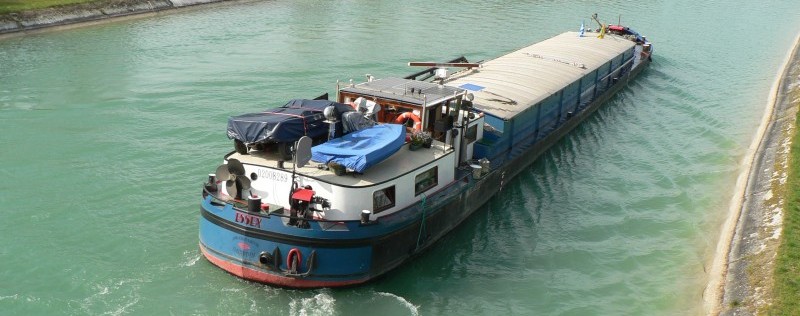Introduction
Detatched
Jan Rotmans is a professor in the science of transition He wrote the book “in the eye of the hurricane” in which he shows that we are now in a period of rapid transition.
“Today’s organizations that are responsible for our care, pensions, housing, public affairs, the environment, energy and our food are severely outdated. They knew their heyday in the eighties but are now a millstone around our leg and a brake on progress and innovation. These organizations have become a purpose in themselves and have themselves detached from their initial objective. For example, the care of people.
People, citizens, so we, therefore, do not feel heard and understood . The systems (organizations) focus mainly on manageability, efficiency, control, advocacy and lost its citizens completely. The result is that people, you and I, are going to solve it ourselves. We will together arrange something for our common energy needs, city farms arise so we know where our food comes from, we take care of each other because we do not cope with the expensive healthcare, we take over systems. ” Jan Rotmans tells us.
Also, policymakers in inland navigation remain stuck in this old pattern. In 2013, a report on the inland waterways going green in 2013 (Pantea / NEA, CCR, CBRB, EBU, EICN others).
Our reaction was : “This can`t be true! ” when reading the passage about adjusting to the current environmental requirements of small ships: Technical to troublesome, no room in the small engine room, overpriced, with the final conclusion that they had to be exempted from efforts to improve the environmental performance.
In another trade journal one of the authors of the report added in an
interview that in his vision small ships below 400 tonnes have no future!
While policymakers dutifully repeat pro forma how important it is that the “capillaries” of our waterways system remain open and are used for goods transports, the reality (also of their policies), is they bet on bigger, faster and cheaper. Waterways that are not or hardly suitable are released for ships of 110m or bigger, regulations hardly takes into account the impossibility (and superfluousnes) of rules that are (sometimes) useful for new vessels but make small vessels economically unviable when applied to those. Apart from the fact that the added value (security) is often debatable. The justified criticism of organizations of barge-owners delivers quite a lot of attention in the media. But the tone of the messages contributes mainly to the “Calimero” image of “old people and things that pass.”
The reality is totally the opposite. We are members of a partnership with around 100 (very) small vessels. Our shippers and acquirers are regularly confronted with customers who have to transport small lots and are very surprised that this is possible without problems. In their view, the small ships had disappeared from the scene for quite a while. The interest of young skippers and older people looking for a switch who love to start a new career with a small ship is overwhelming and often exceeds the capacity of our apprenticeship project .
Our belief is that there it is for large ships that ultimately there is no future . The transition of the energyproduction will eliminate the need for the transportation of millions of tons of coal and oil, the transition from intensive livestock farming to local ecological will void the large flows of cattle feed from Africa and South America, and the many millions of tons of fertilizer. The rising standards of living in the (still) low-wage countries and the technical perfection of methods to create all kinds of objects locally with 3Dwill -printing will certainly not leave the massive stream of containers undisturbed.
I was pleasantly surprised that in the tv-program ” Summer Guest” Ahmet Aboutaleb , mayor (Rotterdam) told almost the same story. (From 1:20 to “the city”)
(episode is not available anymore because of publication rights)
But a ship is, and remains, if you look at the energy technology, by far the most economical means of transport. It is therefore important to include small boats as energy efficient and clean as technically possible, and not by lobbying for less stringent rules to try to stop this development. If we do not sit on our hands, I see a golden future.

